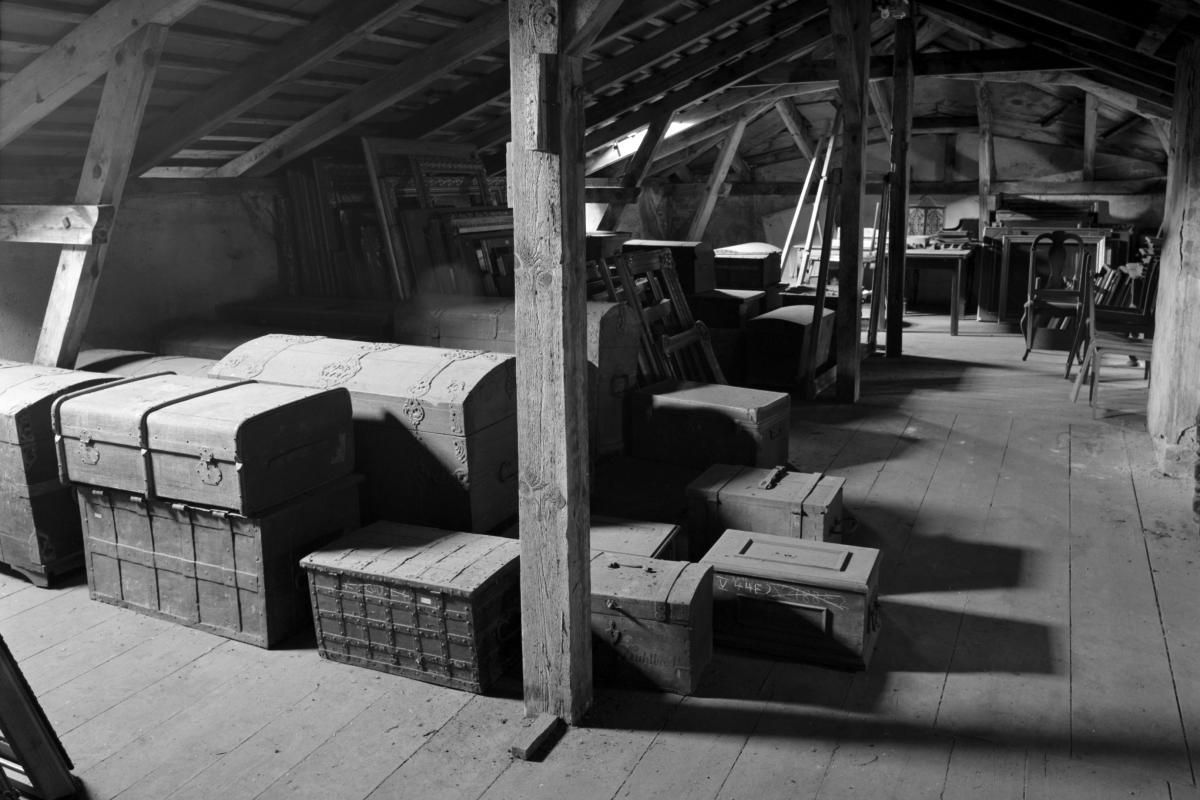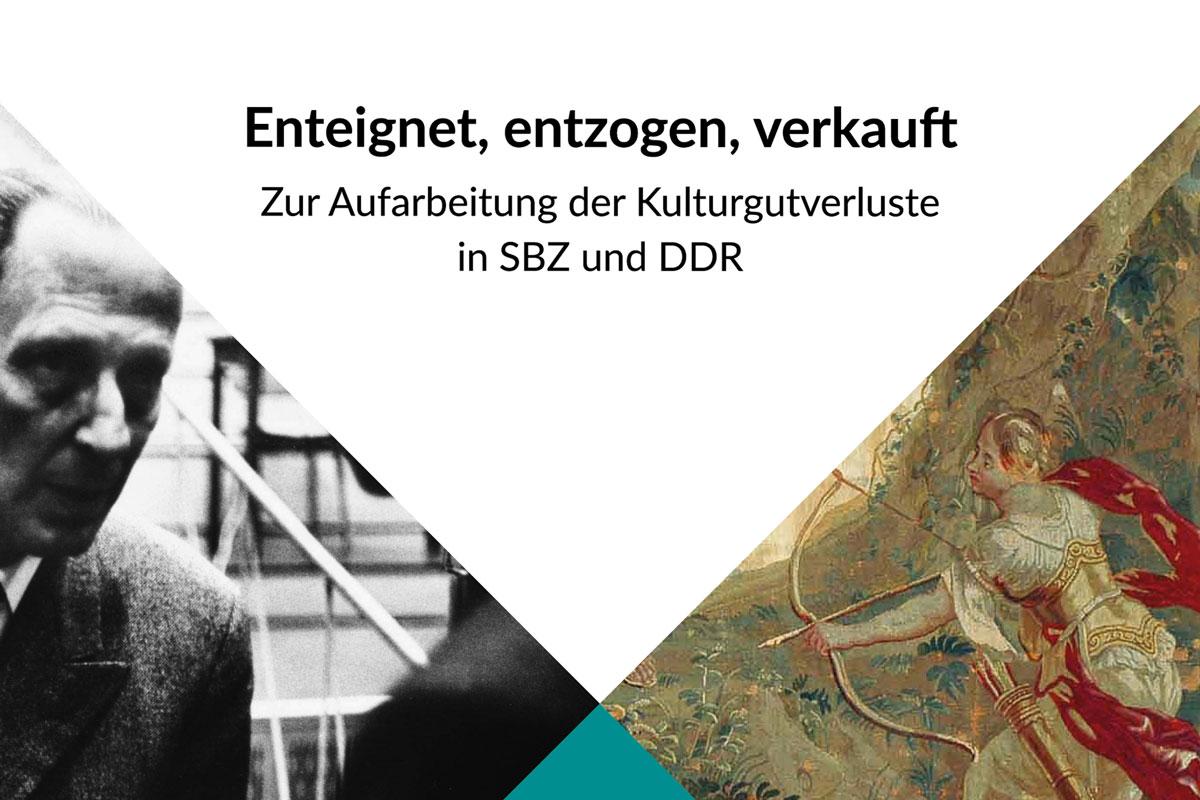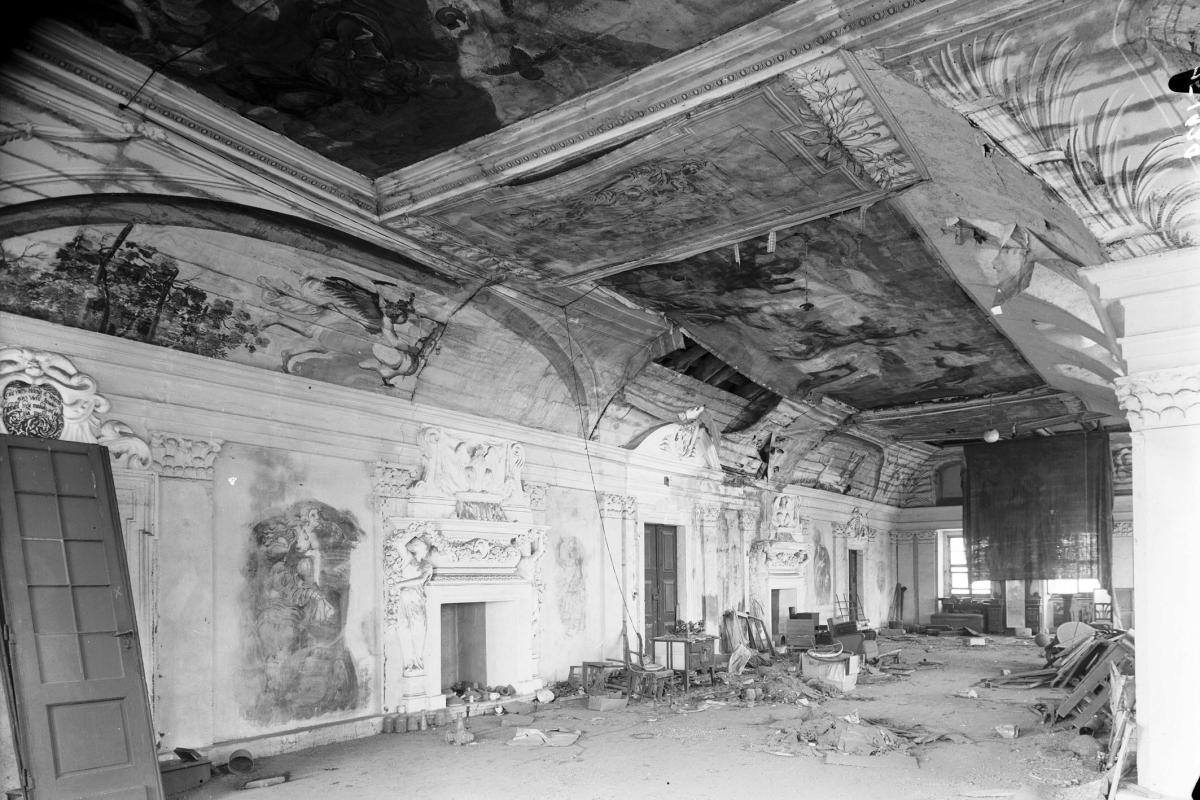Retransfers of Property Rights
“Unresolved issues” between the two German states remained until the Unification Treaty signed in 1990. These were generally understood to relate to private ownership of land and former company property: cultural property was not the focus of the envisaged regulations. Nevertheless, these laws did cover the handling of questionable items of cultural property.
On 23 September 1990, the first and last freely elected parliament of the GDR passed the Act on the Settlement of Open Property Issues (“Gesetz zur Regelung offener Vermögensfragen” – VermG) which was directly incorporated into federal law under the Unification Treaty.
The deadline for asserting claims under the Act was 30 June 1993.
Pursuant to § 11a VermG, all trusteeship of cultural property (such as third-party property in public collections where no formal change of ownership had taken place) ended tacitly on 31 December 1992, without the need for applications to be submitted to the tax authorities.
EALG (the Compensation and Equalisation Act – “Entschädigungs- und Ausgleichsleistungsgesetz”) of 27 September 1994, which came into force on 1 December 1994 is a so-called omnibus or skeleton law that combines – in Article 1 – the Compensation Act (EntschG) to regulate unresolved property issues in the event of the impossibility of restitution for expropriations in the GDR, i.e. between 1949 and 1990, and – in Article 2 – the Equalisation Payments Act (AusglLeistG) for compensation claims following expropriations during the period of Soviet occupation 1945-1949 which can no longer be reversed.
If the expropriations also concerned movable, i.e. restitutable, assets (such as works of art, arts and crafts items, household effects, libraries, archives), these had to be returned to the former owner after filing an application pursuant to § 5 AusglLeistG – unless the former owner voluntarily relinquished their ownership through bona fide transactions such as sale, donation or the like.
At the same time, a gratuitous public usufruct is provided for cultural property in exhibitions and used for other public purposes or for research purposes until no later than 30 November 2014.
The deadline for asserting claims in this regard was 31 May 1995.
The two laws mentioned, VermG and EALG, did not automatically determine which former owners or legal successors were actually entitled to claim; questions of ownership and inheritance law first had to be clarified in cooperation between those entitled to claim, the state and district archives and the competent state agency or the regional office for the settlement of unresolved property issues (LARoV, ARoV), or else the Federal Office for the Settlement of Open Property Issues (BARoV, now BADV).
Enquiries by the competent agencies to museums, libraries and archives in the course of processing a claim for restitution were not made on a blanket, nationwide basis but only directed to those public collections for which clear indications were contained in the records available or were provided by the claimant themselves. If there were records of donations to the nationalised or private art trade in the GDR, the state agencies did not investigate the path followed by the expropriated objects.





